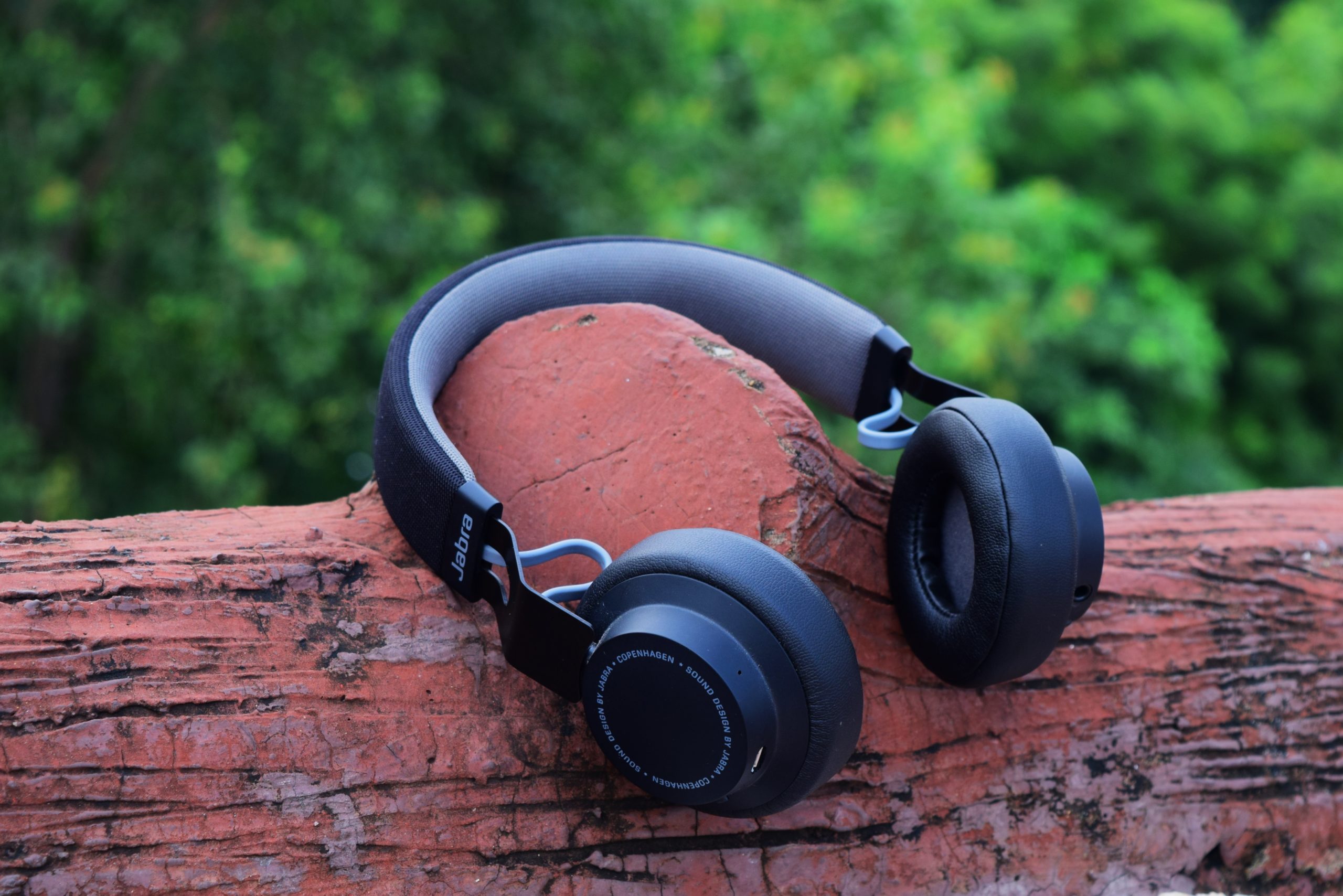I used to have a pair of extremely cheap headphones that would break every few months. Then, I decided to upgrade and bought myself an expensive pair, and those have served me well for years. So, I wondered, how long do headphones last? Also, why do they break down in the first place?
For as long as I can remember, I’ve always worn headphones. I’d put them on while I was walking to school, going to work, or taking the dog out for a walk. So, as you can probably imagine, I’ve gone through countless pairs of headphones before I figured out how they work and why they break.
Now, based on their type, material, and care, I can figure out how long my headphones are going to last. Not only that, but I’ve also learned what the main causes of failure are and how I could fix them almost every time.
How Headphones Work

The current is sent through the voice coil in the driver, which is responsible for generating a magnetic field. Since the coil is surrounded by a fixed magnet, it will attract and repel the alternating current.
Using a suspension material, the voice coil is attached to the driver’s cone, which can move back and forth anywhere between 20 and 20,000 times per second. During that time, the coil is changing the air pressure and creating sound waves that you hear in your headphones.
Types of Headphones
Before you can figure out how long your headphones will last, it’s important to know precisely which kind you have.
Closed-Back

Open-Back
On the other hand, open-back headphones will let some of the sound escape. They are the go-to choice for those who enjoy mixing and mastering in studio settings. Also, due to their unique design, open-back headphones are generally more comfortable to wear.
On-Ear
These resemble open-back headphones in the way they are designed. Namely, they do let some of the sound out, making them an excellent choice for those who are into sound engineering. However, they’re usually much smaller so that they can perfectly rest on your ears.
Over-Ear
Over-ear headphones share a similar design to their on-ear counterparts, except they’re bigger. The band of these will rest on your head, while the speakers and padding will cup your entire ear. Also, over-ear headphones help with sound isolation and limit the surrounding noise.
In-Ear
The most versatile and arguably the most popular type of headphones on the market right now are in-ear headphones. They go into your ear canal, close to your eardrums, to ensure that crisp audio. Even though they practical to carry around, some people find them extremely uncomfortable.
Earbuds
Unlike in-ear headphones, earbuds rest on the outer ear and don’t go inside the ear canal. However, due to the small size of the speakers, they struggle with creating true sound isolation. Also, they have a lot more sound leakage than in-ear headphones.
Bluetooth
Bluetooth headphones have small chips inside them that enable you to pair them with the device you’re playing music on. Since they’re wire-free, they are becoming increasingly popular, and you get them in different styles. The only downside to Bluetooth headphones is that they have a short lag or delay in the transmission process.
Noise-Cancelling
As the name implies, these headphones are always working on tuning out any surrounding noise. They work by measuring the noise levels around you and create opposite and equal frequencies that will block those out.
How Long Will Your Headphones Last?
In addition to the type of headphones you have, the two things that will determine how long they’ll last are build quality, as well as care and maintenance.
For starters, cheap, plastic components don’t tend to last long and are prone to breaking. Also, low-quality headphones usually don’t come with protectors or cases that will help increase their life span.
But it’s not just about the build quality, because you also have to take good care of them. For example, if you have in-ear or headphones or earbuds, they can easily get clogged with ear-wax, which will impair their functionality.
With that said, a general rule of thumb for headphones is — you get what you paid for. You shouldn’t expect a cheap pair of headphones to last you more than a few months. On the other hand, a high-quality pair can last you up to ten years.
What’s more, most expensive headphones come with good warranties for at least one year. That means you can easily replace or repair them if they stop working. Even though they might seem pricey at first, consider them as an investment that will be well worth it in the long run.
Why Do Headphones Stop Working?
The most common problem I’ve had with my headphones is that one side abruptly stops working. After some troubleshooting, I found that the most common culprit for it is a bent audio jack. If it’s been bent too many times, it can easily short-wire.
Also, since headphones spend a lot of time in our pockets, they can easily attract lint or dust, which will essentially clog them. What’s more, if they’re often exposed to sweat and moisture, that can fry their drivers.
Another problem I’ve seen is in the way people plug and disconnect their headphones. For example, you should always pull the plug and not the cord. Furthermore, don’t tie your headphones into a knot when you’re not using them, and always store them safely in a case.
How to Fix Your Headphones When They Stop Working
The first step is always to try and clean your headphones to ensure there’s no debris causing the problem. The process is pretty easy, and all you need is some rubbing alcohol and a cotton swab.
If your jack has shorted, you can try to apply some electrical tape to see if it fixes the problem. But this will only be a temporary fix, and you’ll need to repair the jack altogether. To do this, you will need a:
- Pair of wire strippers and cutters
- Roll of masking and electrical tape
- Piece of shrink tubing
- Fine-grit sandpaper
- Solder gun repair kit
Step 1. Locate where the short has happened and put masking tape on both sides of the jack, leaving an inch between the two.
Step 2. Using the wire cutters, carefully cut an inch or so of the shorted area of the wire.
Step 3. With the wire strippers, strip back the wire shielding on both sides and expose your wires. Then, you have to reconnect them, coordinating all of their colors. So red goes with red, black goes with black.
Step 4. Splice them together using a solder gun.
Step 5. Check to see if they’re working!
For a better visual representation, you can check out this link on how to fix broken headphone cables.
Final Thoughts
Over the years, I’ve bought and repaired countless pairs of headphones. Even though some of them broke after only a few months, I was never stressed out about it and always took it as a learning opportunity.
The two most important things I’ve learned are — invest in your headphones and take great care of them. That’s the only way you can be sure that they will last you a long time while giving you a crisp and clean sound.
I hope you enjoyed this article, and if you did, please leave a comment down below!
I’d love to hear how long you’ve had your headphones and if you’ve ever had any problems using them. If so, please share what you did to fix the problem, so that we can all learn together.











